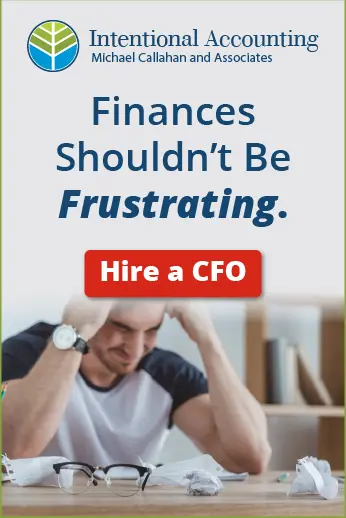It may seem counter-intuitive when you are starting a new business venture to consider an exit strategy. A successful business plan will include the important pieces that contribute to the growth and profit of said business, but you also must consider that your vision may not go exactly as planned. Think through your goals, think about your investors and what you ultimately want the endgame to be; will you look to sell or pass on the business to your kids if it is successful? Are you thinking through possible scenarios and when is the ideal time to cut your losses? Will you take the company public in the future? No one wants to go there, but if you don’t think about it, you may be in for a huge disappointment and threaten your financial health.
Short Term vs. Long Term Exit Plans
Short Term Exit
Maybe your plan is to only run a business for a limited time. The hope is a quick revenue stream from the launch of the new venture; only to turn around and sell it to the highest bidder. This is not the most common, but there are some spot-on brands that get started and thrive beyond expectations. You may decide you want to sell early and retire on a very specific, calculated amount.
Long Term Exit
Some business owners run the business until they are ready for retirement; they may use up all of the funds and layoff the staff with a severance package or they may consider leaving the business behind to a family member or transition to a partner. A long-term plan is likely to change over time, but it is prudent to make tentative plans in case of the unexpected.
It may feel a little depressing to think of your dream not coming to fruition; but smart planning for the worst-case scenario will benefit you and anyone else invested in your business.











